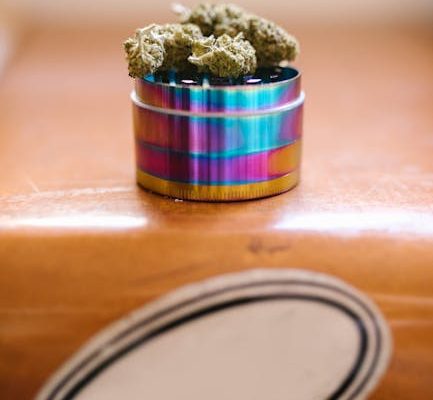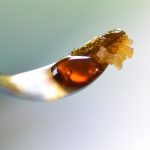Lithuania, a country in the Baltic region of Northern Europe, has seen a shift in its approach to cannabis and hashish in recent years. While the substance remains illegal under Lithuanian law for recreational use, there are certain nuances and exceptions, particularly regarding medical cannabis.
Legal Status of Hashish in Lithuania
Hashish, a concentrated cannabis product, is classified as a narcotic substance in Lithuania. The possession, sale, or distribution of hashish for non-medical purposes is illegal and can result in significant penalties, including fines and imprisonment. However, Lithuania has made adjustments to its laws to allow for the medical use of cannabis and cannabis-derived products under certain conditions.
Medical Cannabis in Lithuania
In 2013, Lithuania became one of the first countries in Europe to legalize the medical use of cannabis. The law permits the use of cannabis-based medicines for patients suffering from specific medical conditions, provided they have obtained a permit from the Ministry of Health. This has opened a legal avenue for individuals to access cannabis products, including hashish, for therapeutic purposes.
How to Obtain Medical Cannabis in Lithuania
To legally obtain cannabis for medical purposes in Lithuania, a patient must be diagnosed with a condition that qualifies for cannabis treatment. The diagnosing doctor must then apply for a permit on behalf of the patient to the Ministry of Health. Once the permit is granted, the patient can purchase cannabis products from licensed pharmacies or producers.
Risks of Buying Hashish Illegally
Despite the legal avenues available for medical cannabis, many individuals still opt to buy hashish from illegal sources. This comes with significant risks, including:
- Legal Consequences: Possession or distribution of hashish without a valid medical permit can lead to arrest, fines, and imprisonment.
- Health Risks: Illicit hashish may be contaminated with harmful substances, posing serious health risks to consumers.
- Supporting Criminal Activity: Purchasing from illegal sources supports organized crime and the black market.
While the desire to buy hashish in Lithuania is understandable, given the country’s strict laws and the risks associated with illegal transactions, it’s crucial for individuals to consider the legal and health implications. For those who qualify, exploring the legal medical cannabis route can provide a safer and more reliable option.
Safe Access to Cannabis: The Role of Licensed Producers
Lithuania’s legal framework allows for licensed producers to cultivate cannabis and manufacture cannabis-based products. These producers are subject to strict regulations and quality control measures, ensuring that the products are safe for consumption. Patients with a valid permit can access these products through licensed pharmacies, providing a safe and legal alternative to the black market.
Quality Control and Regulation
The Lithuanian government has established a robust regulatory framework to oversee the production and distribution of medical cannabis. Licensed producers must adhere to Good Manufacturing Practice (GMP) standards, and their products are subject to regular testing for potency and contaminants. This ensures that patients have access to high-quality, safe products.
Future Developments in Lithuania’s Cannabis Market
The medical cannabis market in Lithuania is evolving, with ongoing discussions about expanding the list of qualifying conditions and improving access to cannabis-based treatments. As the market continues to develop, it is likely that more patients will be able to benefit from cannabis-based therapies.
Patient Advocacy and Education
Patient advocacy groups play a crucial role in promoting awareness and understanding of medical cannabis in Lithuania. These organizations work to educate patients, healthcare professionals, and the general public about the benefits and risks associated with cannabis-based treatments, helping to foster a more informed and supportive environment.







The risks associated with buying hashish illegally are clearly outlined in the article, serving as a cautionary tale for those considering it. The legal consequences and health risks are significant deterrents.
It is interesting to see how Lithuania has evolved in its approach to cannabis, now allowing medical use under certain conditions. The process for obtaining medical cannabis seems rigorous but necessary.
The article provides a clear overview of the current legal status of hashish in Lithuania, highlighting the nuances between recreational and medical use.